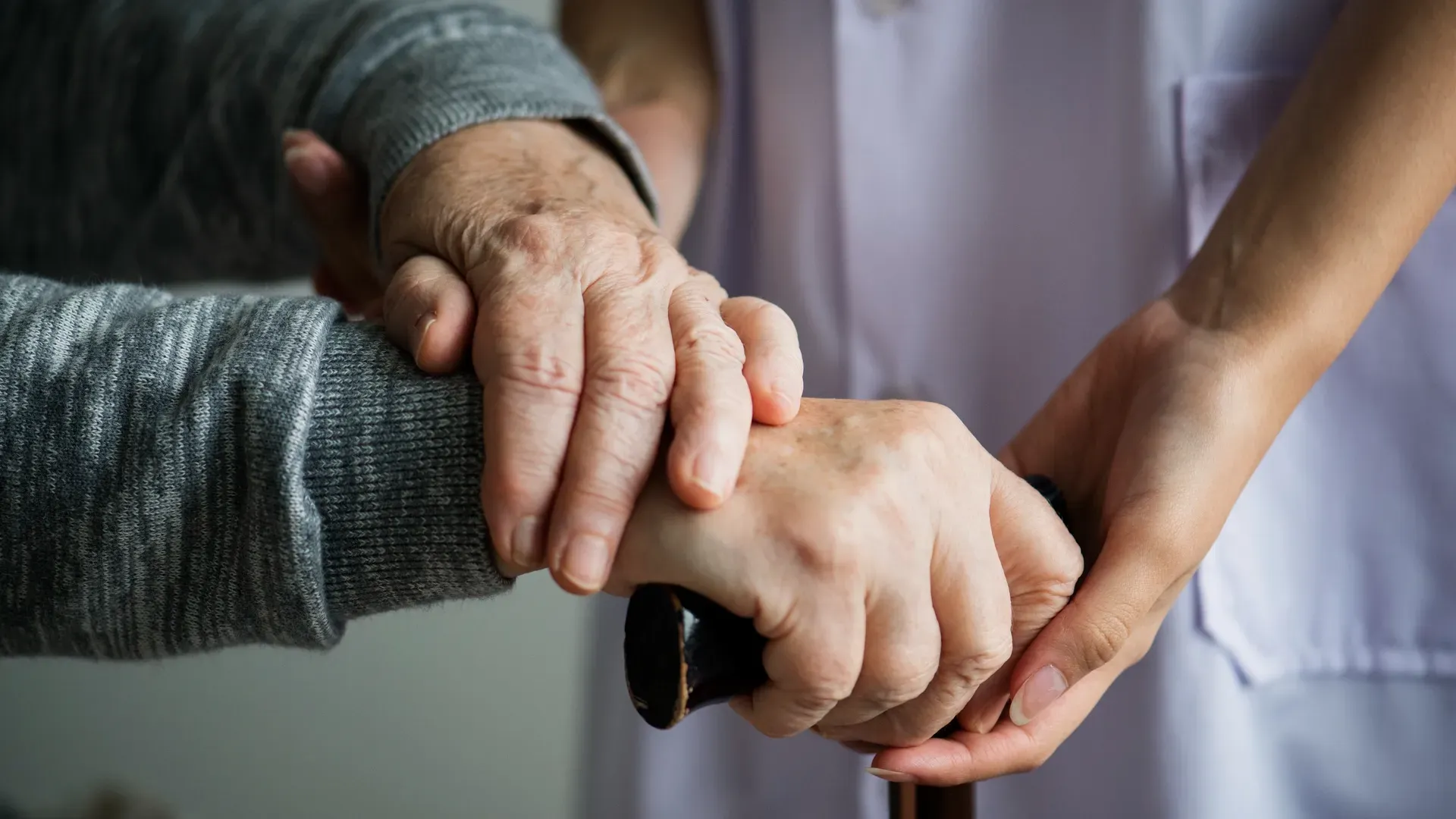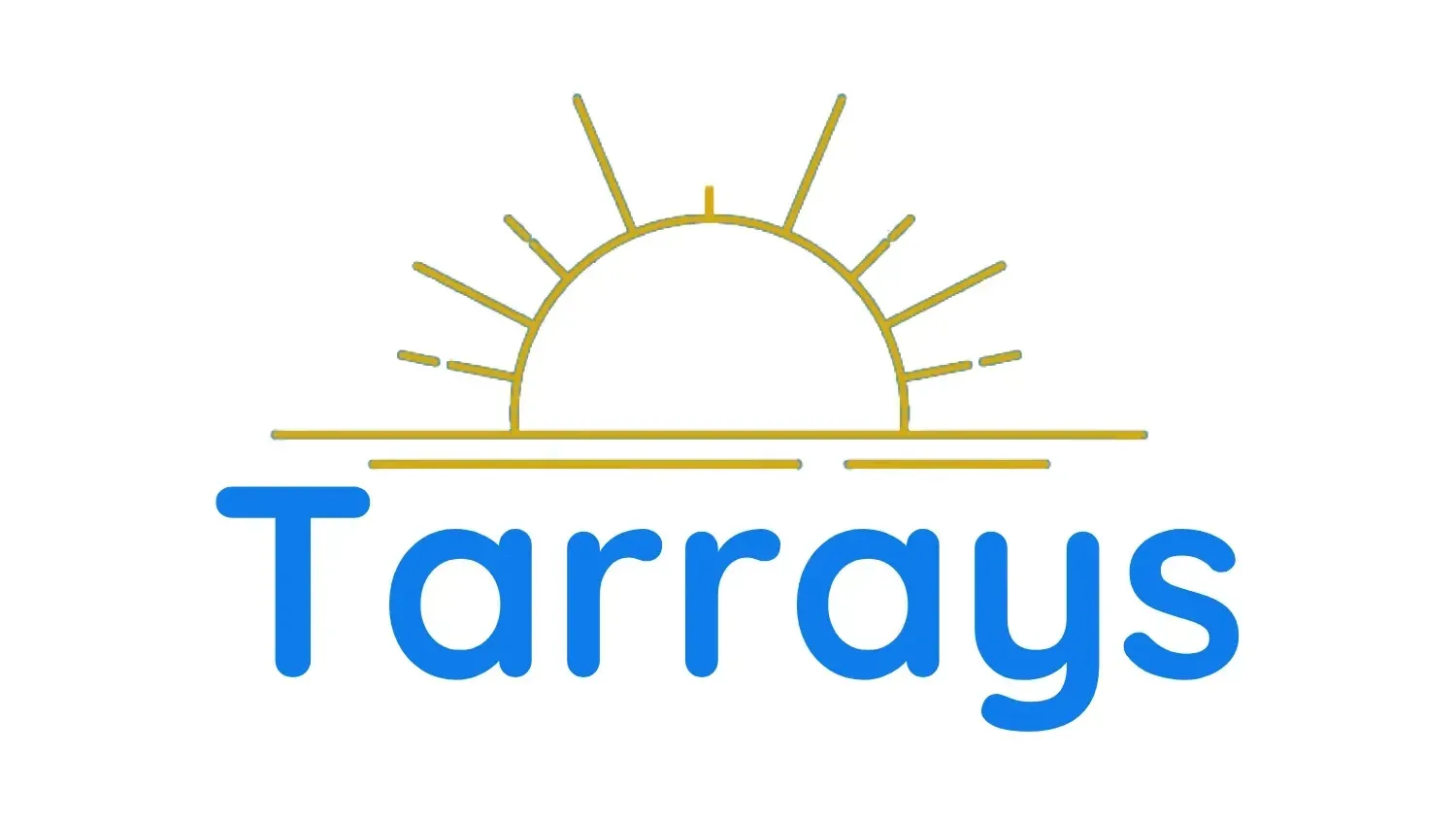Building Resilient Healthcare Teams: Tackling Turnover Fears for Employers
Building Resilient Healthcare Teams: Tackling Turnover Fears for Employers
As the healthcare industry continues to face challenges, it is crucial for organisations to build resilient teams that can adapt to disruptive events. The COVID-19 pandemic has highlighted the need for healthcare systems to be prepared for crises and to support their staff effectively. This article explores the concept of building resilient healthcare teams, drawing inspiration from the social biology of ants, honey bees, and other social insects. By understanding the principles of communication, decentralisation, and plasticity, healthcare organisations can promote adaptability and improve their teams' resilience.
The Importance of Resilient Healthcare Teams
In order to ensure the resilience of a healthcare system, it is essential to focus on the adaptability of healthcare teams. Traditionally, healthcare teams have operated within well-defined scopes of practice to ensure safety. While this approach has been effective in stable situations, it may not be sufficient when facing disruptive events. The balance between safety and resilience becomes crucial during such times. Therefore, it is necessary to gain a better understanding of how this trade-off varies in different circumstances and develop strategies to promote and train for resilience in modern healthcare teams.
Insights from Sociobiology
To enhance the resilience of healthcare teams, we can look to the field of sociobiology and draw analogies from social insects such as ants, honey bees, and termites. These insects operate in groups that exhibit behavioural specialisation and division of labor to accomplish tasks as a team. By studying their communication, decentralisation, and plasticity, we can identify valuable lessons that can be applied to healthcare teams.
Communication
Communication plays a vital role in the success of social insect colonies. In healthcare teams, effective communication is equally important. Team members must be able to read each other's cues and miscues, fostering a culture of open and transparent communication. This enables timely coordination and collaboration, ensuring that the team can adapt to changing circumstances and make informed decisions.
Decentralisation
Social insect colonies operate in a decentralised manner, with no single individual making all the decisions. This decentralised structure allows for flexibility and adaptability. Similarly, healthcare teams can benefit from decentralisation, empowering team members to take ownership of their roles and make decisions within their areas of expertise. This distributed decision-making process enables faster responses to challenges and promotes a sense of autonomy among team members.
Plasticity
One of the key principles of social insects is plasticity, which refers to the ability to swap roles or tasks as a response to disruptive situations. In healthcare teams, embracing plasticity can be a valuable strategy during times of crisis. This involves team members stepping aside when others have the necessary skills, even if it falls outside their usual scope of practice. By promoting cross-training and fostering a culture of adaptability, healthcare organisations can enhance their teams' resilience and ability to handle unexpected challenges.
Training for Resilience
Infusing plasticity into healthcare teams requires intentional training. Inspired by the sociobiology analogy, organisations should prioritise training that values the ability to read cues, step aside when necessary, deviate from protocols, and foster cross-training. This training mindset should become second nature to healthcare professionals, enhancing their behavioural flexibility and boosting overall team resilience.
Reading Cues and Miscues
To improve communication within healthcare teams, it is essential for team members to develop the ability to read each other's cues and miscues. This involves actively listening, observing body language, and recognising subtle signals that indicate the need for assistance or a change in approach. By being attuned to these cues, team members can provide timely support and make adjustments as needed.
Stepping Aside and Role Swapping
In the face of disruptive events, healthcare teams may encounter situations where individuals with specific skills are not available. In such cases, it is crucial for team members to be willing to step aside and allow others to take on tasks outside their usual scope. This requires a culture of trust and a recognition that the ultimate goal is patient care and safety. By embracing role swapping, healthcare teams can effectively navigate challenges and ensure continuity of care.
Deviating from Protocols
While protocols and guidelines are essential in healthcare, there are situations where flexibility is required. During crises, healthcare teams may need to deviate from standard protocols to adapt to the unique circumstances they face. This requires a culture that encourages critical thinking, problem-solving, and the ability to make informed decisions based on the available resources and patient needs.
Fostering Cross-Training
Cross-training is a valuable strategy for building resilient healthcare teams. By providing opportunities for team members to learn skills outside their primary area of expertise, organisations can create a pool of versatile professionals who can fill gaps during times of crisis. Cross-training also promotes a sense of camaraderie and understanding among team members, fostering a collaborative and adaptable environment.
Conclusion
In conclusion, building resilient healthcare teams is crucial for organisations to navigate disruptive events effectively. By drawing insights from the sociobiology of social insects, healthcare organisations can implement strategies that promote communication, decentralisation, and plasticity. Training programs that prioritise reading cues, stepping aside, deviating from protocols, and fostering cross-training can enhance the adaptability and resilience of healthcare teams. With a focus on building resilient teams, healthcare organisations can ensure the delivery of high-quality care, even in the face of uncertainty and crisis.












